Premium Only Content
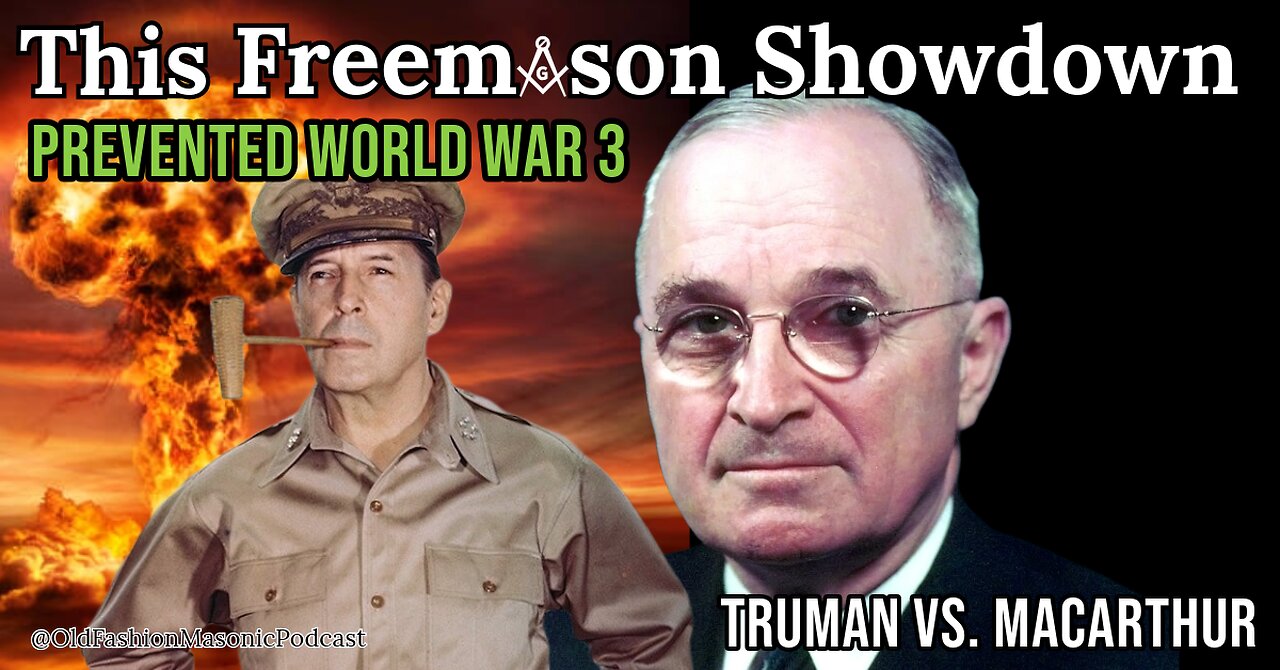
Freemason Showdown Prevented World War 3
The Freemason Showdown: MacArthur vs Truman. Freemasonry as a side of this story too!
Both Harry Truman and Douglas MacArthur shared the distinction of being prominent figures in American history and were both Freemasons. Truman, the 33rd President of the United States, and MacArthur, a five-star general, possessed a bond that extended beyond their shared military endeavors. Both initiated into the Masonic fraternity, they were connected by the principles of Freemasonry: brotherhood, integrity, and service to humanity. Truman's Masonic journey began in 1909 in Belton Lodge No. 450 in Missouri, while MacArthur's was in Manila Lodge No. 1 in the Philippines in 1936.
While their Masonic affiliation didn't directly impact their public roles, the values they shared as Freemasons likely influenced their decisions and interactions in both military and political spheres, reflecting the fraternity's emphasis on moral and ethical conduct in public and private life.
The Truman-MacArthur controversy unfolded against the backdrop of the Korean War, a pivotal moment in Cold War history. General MacArthur's proposal to expand the conflict by attacking Chinese territory, despite Truman's reluctance, reflected broader tensions between containment and military intervention in containing the spread of communism.
Truman's decision to relieve MacArthur of his command was a bold assertion of civilian control over the military, emphasizing the principle of subordination to elected leadership. This action resonated deeply within American politics and military culture, sparking debates about the limits of military authority and the proper balance between civilian oversight and military expertise.
The aftermath of MacArthur's dismissal revealed a complex interplay of factors shaping civil-military relations. While some viewed Truman's action as necessary to maintain democratic governance and prevent military adventurism, others criticized it as a politically motivated infringement on military autonomy.
The subsequent examples of military leaders facing repercussions for public disagreements with government policy underscored the enduring legacy of the Truman-MacArthur controversy. From Major General John Singlaub's dismissal during the Carter administration to General Stanley McChrystal's removal during the Obama era, the episode set a precedent for holding military leaders accountable for actions perceived as undermining civilian authority or national security objectives.
Furthermore, the involvement of retired military officers in presidential politics highlighted the perceived influence of military endorsements on public perception and electoral outcomes. The endorsement of candidates by retired generals and admirals became a recurring feature of presidential campaigns, shaping debates over national security, leadership, and military strategy.
Ultimately, the Truman-MacArthur controversy serves as a landmark moment in American history, illustrating the complexities of civil-military relations, the challenges of military leadership in a democratic society, and the enduring significance of military endorsements in shaping political discourse and electoral outcomes.
One could say that Freemasons set a precedent on relieving Generals of their duties. What say you?
#freemasons #freemason #freemasonry #masonic #uspresident
Sources:
https://www.dictionary.com/browse/truman-macarthur-controversy
https://www.trumanlibrary.gov/education/presidential-inquiries/firing-macarthur
-
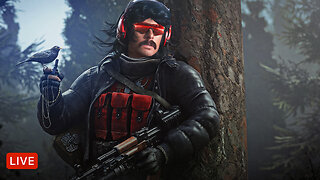 LIVE
LIVE
Dr Disrespect
5 hours ago🔴LIVE - DR DISRESPECT - TARKOV - ZERO TO HERO RAIDS ONLY
3,577 watching -
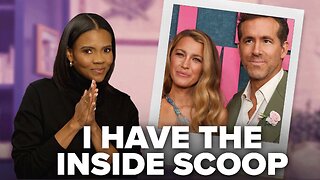 1:13:51
1:13:51
Candace Show Podcast
4 hours agoEXCLUSIVE! Did Ryan Reynolds Extort Hollywood Execs? | Candace Ep 143
77.3K61 -
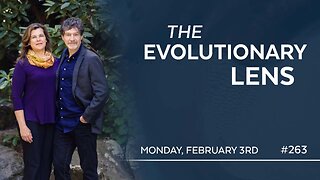 2:01:42
2:01:42
Darkhorse Podcast
4 hours agoThe 263rd Evolutionary Lens with Bret Weinstein and Heather Heying
17.4K10 -
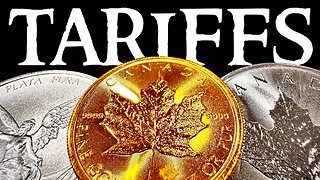 9:37
9:37
Silver Dragons
3 hours agoGoodbye Cheap Silver - How the Tariffs Will Change Stacking Forever
9.44K -
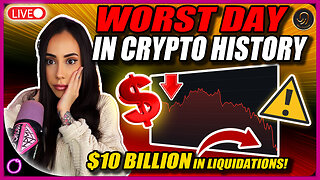 37:33
37:33
CryptoWendyO
3 hours ago $1.94 earnedWORST DAY IN CRYPTO HISTORY $10 Billion in Liquidations!
24K7 -
 57:01
57:01
PMG
3 hours ago $1.27 earnedHannah Faulkner and Dr. Bryan Ardis | Don't Fall For the Bird Flu!!!
17.3K -
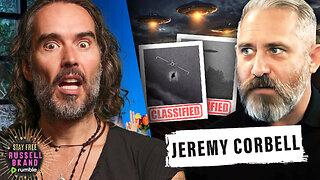 1:18:00
1:18:00
Russell Brand
1 day agoUFOs, Whistleblowers, and Government Lies – The Truth with Jeremy Corbell – SF530
193K87 -
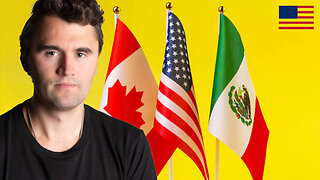 1:57:47
1:57:47
The Charlie Kirk Show
4 hours agoThe Most Beautiful Word in English + Confirm Tulsi! | Navarro, McCain, Posobiec | 2.3.2025
184K54 -
 1:13:03
1:13:03
Michael Franzese
4 hours agoRATING Trump’s First Two Weeks In Office
50.1K22 -
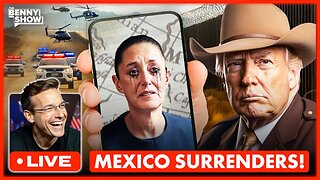 1:43:17
1:43:17
Benny Johnson
6 hours agoBREAKING: Mexico SURRENDERS To Trump, Locks Down Border | Mass FBI Firings, Deep State PURGE in DC
106K150